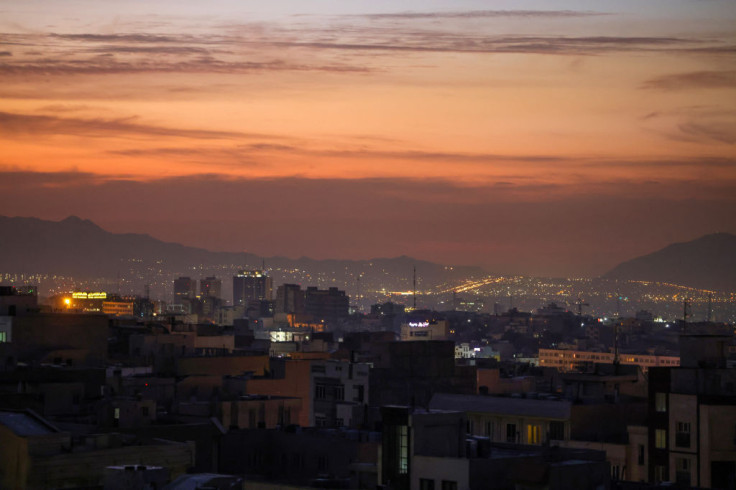
An Israeli airstrike in Tehran has reportedly targeted several military and nuclear sites, leaving widespread destruction in its wake. According to Iranian state television, General Hossein Salami, the head of Iran's paramilitary Revolutionary Guard, is feared dead following the attack. Two nuclear scientists and another top Guard official are also believed to have been killed, although details remain scarce.
The state broadcaster confirmed that the assault had set the Revolutionary Guard's headquarters ablaze, with smoke rising from various locations in Tehran, including Chitgar, a neighborhood in the western part of the city, AP News reported. While there are no known nuclear sites in this area, it remains unclear whether the strikes impacted any other parts of Iran.
Netanyahu Vows Continued Strikes
Israeli Prime Minister Benjamin Netanyahu confirmed that the operation targeted Iran's nuclear and military infrastructure, including key officials involved in Iran's nuclear program and its ballistic missile capabilities. ABC News Australia said that Netanyahu declared that Israel would continue the attacks "for as many days as it takes to remove this threat."
The move comes amid escalating tensions over Iran's rapidly advancing nuclear program. On Thursday, the International Atomic Energy Agency (IAEA) censured Iran for its refusal to cooperate with inspectors, marking the first time in 20 years that such a measure had been taken against a member state.
In response, Iran announced plans to establish a third enrichment site and replace its current centrifuges with more advanced models, further heightening concerns over its nuclear ambitions.
Trump's Warning and Diplomatic Tensions
US Secretary of State Marco Rubio condemned the Israeli strikes, stating that Israel had acted unilaterally in its self-defense. He emphasized that the U.S. was not involved in the attack but reiterated Washington's commitment to protecting American personnel in the region. Rubio also issued a stern warning to Iran, advising the country not to target US interests.
US President Donald Trump had warned of a potential "massive conflict" in the Middle East earlier this week, acknowledging the possibility of an Israeli attack on Iran. Trump had expressed a preference for diplomacy, emphasizing that the US was nearing a potential agreement with Iran over its nuclear program. Despite his desire to avoid conflict, Trump conceded that an Israeli strike was "very well" possible.
"My entire Administration has been directed to negotiate with Iran," Trump wrote in a social media post. "They could be a Great Country, but they first must completely give up hopes of obtaining a Nuclear Weapon."
Rising Oil Prices Amid Geopolitical Uncertainty
The geopolitical ramifications of this attack are already being felt, with Brent crude oil prices spiking nearly 5% on news of the assault. As Israel and Iran remain locked in a bitter standoff over Tehran's nuclear program, the world braces for what comes next in the increasingly volatile Middle East.
Originally published on HNGN



